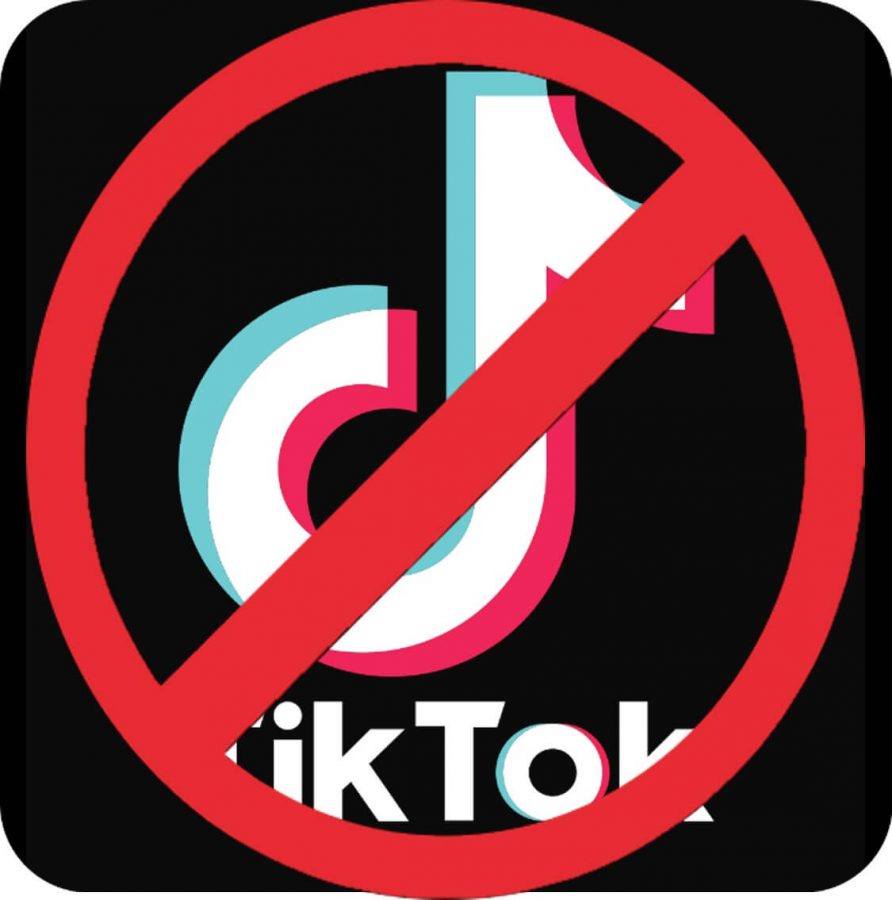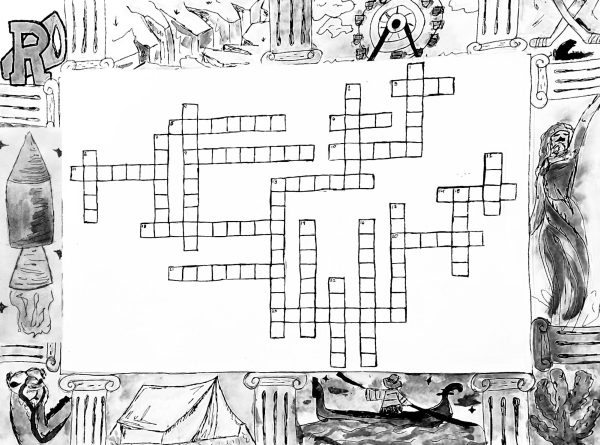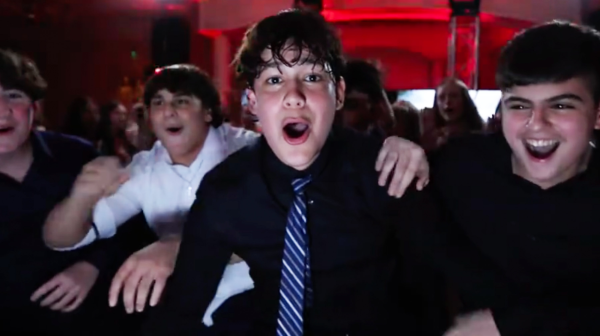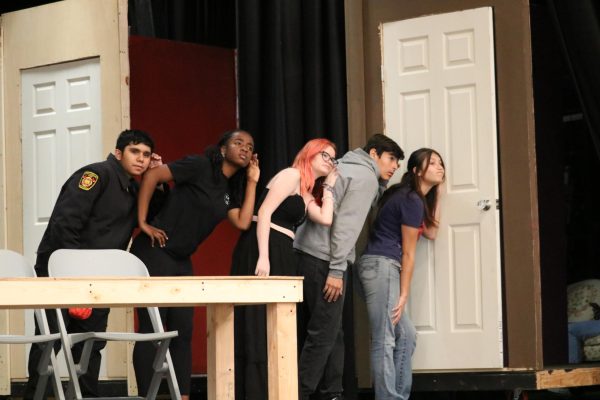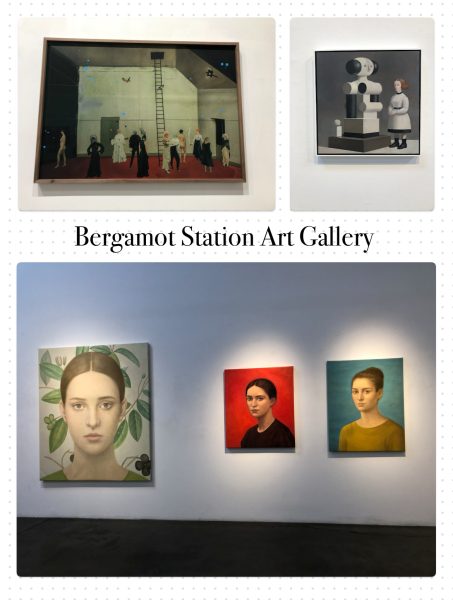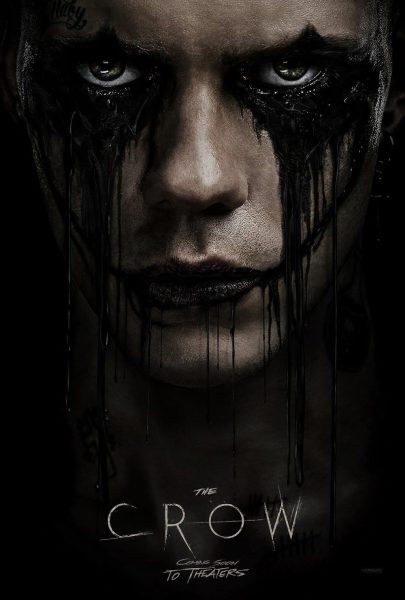Uncovering the TikTok Algorithm and the app’s Racial Bias
June 5, 2020
With many of us stuck indoors due to the Covid 19 pandemic, the TikTok app has grown in popularity amongst people of all ages, especially with teens. Many families are coming together to make the infamous TikTok dance videos or creating skits to help pass the time. However users and creators who have been on the app for some time have noticed certain patterns within the content that is shown to them and how the app may be racially biased.
The app’s main feature is it’s “For You Page” that recommends users videos based on their interests and content that is similar to what they have liked in the past. However some users have indicated that they believe the app is racially biased, which prompted artificial intelligence researcher Marc Faddoul, UC Berkeley researcher and AI researcher at Facebook, to take a deeper look into the app’s recommendation algorithm.
With Faddoul’s self-conducted experiment, he found that the creators and videos that were recommended to him were not only similar in content but also similar in physical characteristics. He created a second account to test his assumptions, and came to the same conclusions.
In response to his claims, a TikTok representative spoke to Buzzfeed News in the article “This Researcher’s Observation Shows The Uncomfortable Bias Of TikTok’s Algorithm”, to deny the claims of any racial bias.
“Our recommendation of accounts to follow is based on user behavior, users who follow account A also follow account B, so if you follow A you are likely to also want to follow B.”
.“People from underrepresented minorities who don’t necessarily have a lot of famous people who look like them, it’s going to be harder for them to get recommendations,” stated Faddoul in an article on TikTok from Wired. “The platform is very appearance-driven, and therefore collaborative filtering can lead to very appearance-specific results even if the profile picture is not used by the system.”
Faddoul explained the algorithm. Following a creator who has brown hair and brown eyes will recommend more creators with brown hair and brown eyes, while following creators with black hair and blue eyes will recommend more creators with black hair and blue eyes. This prompts users to see more and more individuals who look like them and leaves little room for diversity within the app, he said.
African American creators on the app have come forward countless times to reveal that they are not being properly credited for their content, unlike their white peers who recreate the same content and receive millions of likes and views. One of the biggest examples of this recently took place in February, where 14-year-old Jalaiah Harmon was finally credited in the media for her famous “Renegade” dance.
The young African American girl from Atlanta created the viral sensation and even made the song that the dance was created change its name to match what the TikTok community was naming it, since people were googling “Renegade” instead of the song’s actual title “Lottery.”
Teens, kids and even adults were doing the dance which has Over 1 billion hashtags used and over 30 million videos made. Harmon had originally posted her video to Instagram, which was then popularized on TikTok by creator @global.jones and then widely popularized by TikTok’s most followed user Charli D’Amelio at 60 million followers to date. Harmon was not credited for her video and saw many others take credit for the work she had done.
“I was happy when I saw my dance all over, but I wanted credit for it. I think I could have gotten money for it, promos for it, I could have gotten famous off it, get noticed,” Harmon said .“I don’t think any of that stuff has happened for me because no one knows I made the dance,” said Harmon to The New York Times in the article, “The Original Renegade”. Once word got around, Harmon was able to catch the attention of celebrities, the Oprah Magazine, The New York Times, former FLOTUS Michelle Obama and even the 2020 NBA All Star Games, where she got the chance to perform the dance in front of millions.
Not everyone is as lucky as Harmon however. Many people of color have called out the app for not properly listing them as the original creator of a video, or calling out white creators for stealing their content and not properly crediting them.
This is easy to do since, based on the TikTok algorithm, it is easier for a white creator to be prompted rather than a person of color. So when a person of color creates something, many may not see it. When a white person creates or takes the credit, they are more likely to be seen and have a better chance to gain clout off of it.
This is why so many African creators are outraged because they see their content being profited off of by someone who did not create it.
Senior Andrew Herrera has seen the TikTok algorithm at work on his own page. “I’m not a creator, but it’s obvious the TikTok algorithm favors certain creators, while not promoting colored creators as much, even though the content is the same either way,” said Herrera.
During these months in quarantine, the app has seen a spike in many racist videos, which caused even more outrage from the black community. Creators will come on the platform to express their racists viewpoints and make racially insensitive jokes and face no consequences within the app, but black creators will discuss these racist videos and many of their viewpoints on how America treats people of color, and their pages and content will be shadowbanned.
This has prompted people to take these situations in their own hands and expose the creators of the racist content on other platforms such as Instagram and Twitter to bring awareness.
High school students have recently been outed for their racist videos on the platform which gained the attention of their prospective college which later revoked their acceptances, and scholarships. Two teens just recently were expelled from their high school in Carrollton, Georgia , for making a racist TikTok video.
“I have seen a few teens being outed on social media for their racist videos and the way things were handled,” said Venice sophomore Kassidy Fritz. “ I’m in the middle. I agree with what the schools did, but I disagree with people on social media sending them death threats. I don’t agree with the violent threats.” The Carrollton Superintendent issued a statement saying the video is not a representative of the school and that the students who created the video are no longer in the district.
This was not the first time TikTok was under fire from the black community. Many people were outraged on May 28, to find that when searching up #Blacklivesmatter and #GeorgeFloyd on on the platform, there was no information. TikTok was accused of shadow banning the hashtags and suppressing videos using the hashtag, as well as the voices of its users who chose to speak up on the current movement and global events.
After users called out the company, Tiktok then responded on Twitter with saying “We are aware of an issue that is impacting the hashtag view counts displayed at the upload stage. This appears to affect words at random, including terms like #cat and #hello. Our team is investigating quickly to address the issue.” The company later responded the next day with an apology saying “At TikTok, we deeply value the diverse voices among our users, creators, artists, partners and employees. We stand with the Black community and are proud to provide a platform where #blacklivesmatter and #Georgefloyd generate powerful and important content with over 1 billion views. We are committed to fostering a space where everyone is seen and heard.”
Even though the platform apologized, it didn’t stop many from having Tiktok as the latest to fall victim to cancel culture. Many took to other platforms to express their feelings towards the TikTok app’s “glitch,” with comments such as “Don’t believe it. They just lost profit after racism came to light,.” “We are on these apps, but we don’t OWN any of them and that’s why we run into the problems that we do.” “We make their apps popular and poppin,’ but they don’t like or respect us” (African Americans).
Days later, the app decided to commit $1 million toward fighting racial injustice and inequality and $3 million to nonprofits that help the black community. Some people found the donation more of a damage-control tactic, rather than an effort to actually help the Black Lives Matter movement. Many Black creators have announced their departure from the app because of recent events, in hopes of raising awareness of the injustice that creators of color have been facing.

